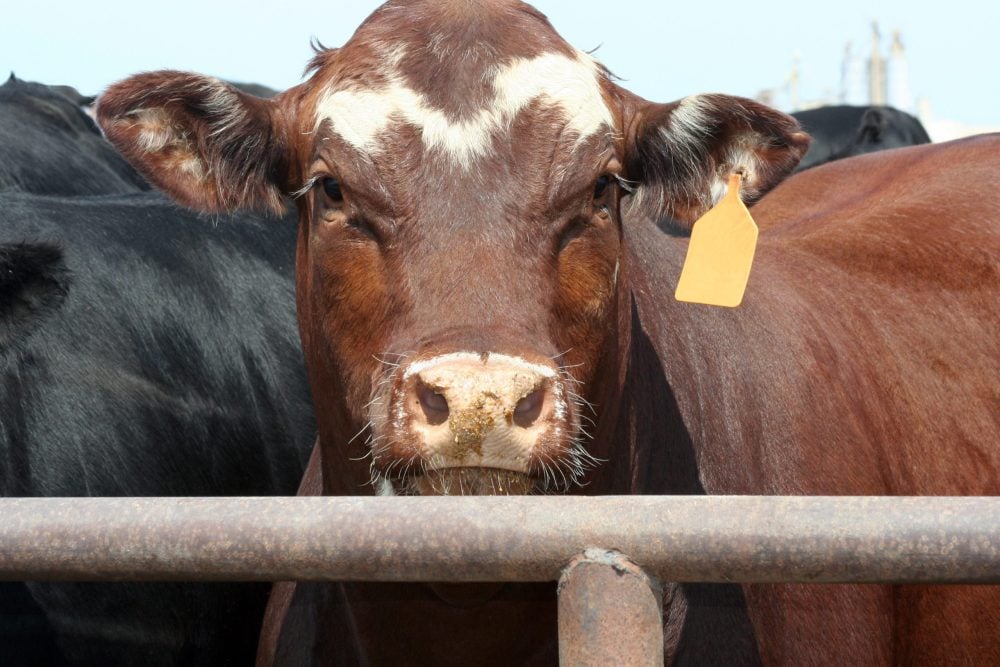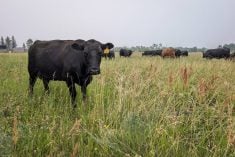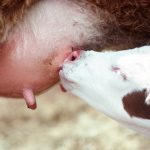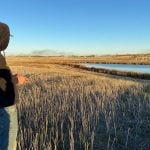Cleaning and disinfection work on an Abbotsford, B.C. turkey farm has been completed to the Canadian Food Inspection Agency’s approval after the farm’s stock was culled for avian flu.
About 60,000 birds were gassed and composted in the farm’s barns after some birds in the flock were confirmed Jan. 24 to have what turned out to be a low-pathogenicity H5N2 strain of avian influenza.
A nearby second poultry farm in B.C.’s poultry-concentrated Fraser Valley, where what appears to be a similar “low-path” H5 strain of bird flu was confirmed in the flock on Feb. 11, has completed in-barn composting of its birds, to “inactivate” whatever virus they’re carrying.
Read Also

U.S. livestock: Cattle futures plunge daily limits on beef price fears
Reuters — Most Chicago Mercantile Exchange live cattle and feeder cattle futures contracts fell their respective daily limits on Friday,…
Preparation for cleaning and disinfection has begun at that second site, CFIA said Friday.
The second site was detected through routine surveillance of properties within a three-km radius of the first infected site.
As per international guidelines, Canada can again claim its notifiable-avian flu-free status three months after all cleaning and disinfection activities on infected premises have been completed and approved by the CFIA — provided that surveillance has been carried out during that three-month period, the agency said.
Surveillance continues on the commercial poultry premises within three km of the first and second infected premises and any in-contact premises still under movement restriction outside of the three-km radius, CFIA said Friday.
As of Thursday, CFIA said it has 43 premises quarantined in relation to these two cases.
If the second case is also confirmed as “low-path,” Canada also gets to keep its World Organization for Animal Health (OIE) status as free of “high-path” bird flu, which it regained in April 2008 after cleanup of an outbreak of H7N3 on a poultry farm near Regina Beach, Sask.
While bird flu can be devastating on an affected commercial poultry farm, human health experts’ concern is that a “high-path” strain such as the notorious H5N1 could mutate or combine with a human flu virus that could spread more easily between people and spur a pandemic.
H5N1 since 2003 has killed over 250 people overseas, generally through direct contact with infected birds or their fluids.















